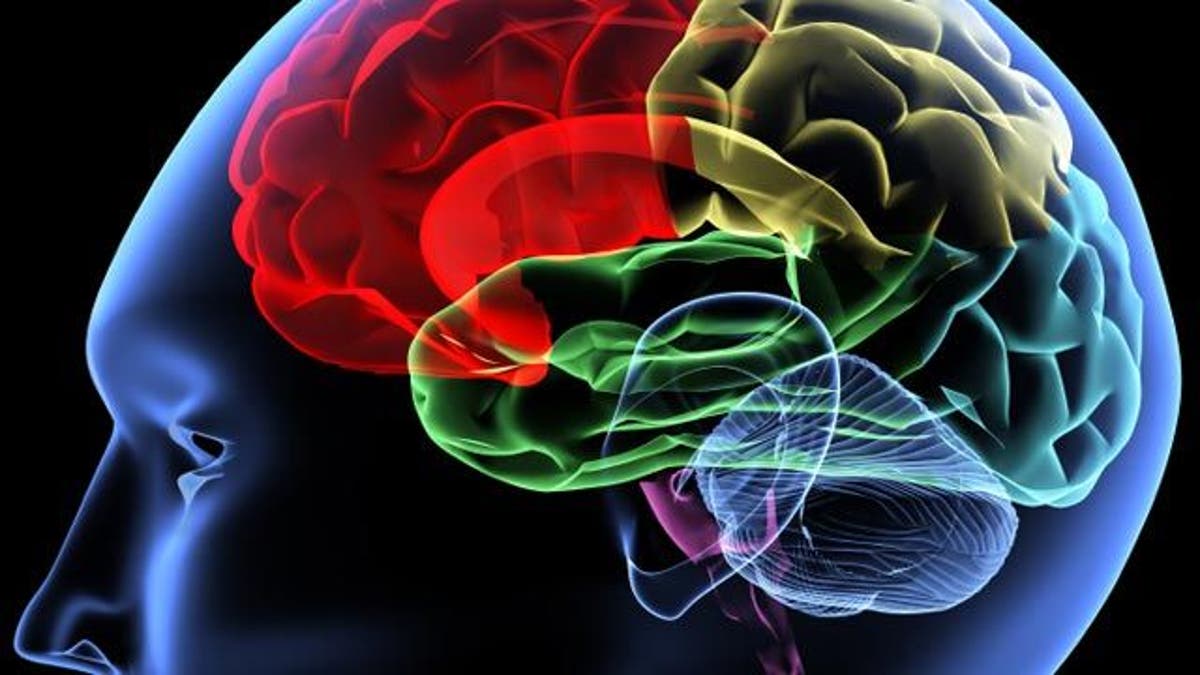
More than 500,000 children and adolescents suffer a mild traumatic brain injury each year – and according to a new study, these children appear to be at risk of experiencing post-concussive symptoms, such as forgetfulness and inattention, for months after the injury occurs.
Researchers from Nationwide Children’s Hospital and The Ohio State University studied 186 children, ages 8 to 15, with mild traumatic brain injuries. Compared to other children in their age group, those who had suffered a head injury were more likely to have persistent symptoms such as headache, fatigue, inattention and forgetfulness for up to a year afterward.
“The majority of kids in the study were injured in sports or recreational activities,” Dr. Keith Yeates, the lead researcher for the study and the Director of the Division of Pediatric Psychology and Neuropsychology at Nationwide Children’s Hospital, told FoxNews.com. “A small number were injured in motor vehicle accidents, but most were sports-related or falls.”
The severity of the symptoms tended to increase among children who had suffered a head injury that resulted in a loss of consciousness or abnormalities on a brain scan. Some researchers are concerned the injuries may be interfering with the children’s daily lives – such as impacting their performance in school or preventing them from participating in other activities.
Dr. Frederick Rivara, of the University of Washington, Seattle, and editor of Archives of Pediatrics & Adolescent Medicine, said based on an emerging body of research, including these latest results, it is becoming increasingly important to recognize the severity of these injuries.
“The overall message emerging from this research is that the group of injuries classified as ‘mild TBI,’ including sports-related concussions, should not be treated as minor injuries, which quickly resolve,” Rivera wrote in an editorial. “Although getting concussed in a football game is different from sustaining a blast-inducted TBI in combat, many of the same issues pertain to both.”
According to Yeates, it is important to find a way to distinguish these children who are suffering long-term from head injuries and find an appropriate way to intervene – such as providing extra help in the classroom to those who experience forgetfulness.
“The good news is majority of kids with concussions really do very well and recover within three months,” Yeates said. “The not-so-good news is some of the kids with concussive symptoms continue to have those symptoms for a long duration, and it impacts their daily lives.”
The study was published in the Journal of the American Medical Association.
